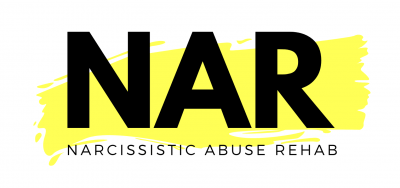People with addiction issues must gather strength and practice yoga as a continuing habit to recover better.
Addiction
Addiction refers to a complex and chronic disorder characterized by compulsive use of a substance or engagement in a behavior despite negative consequences. It involves a profound and often overwhelming craving for and reliance on a particular substance or activity, which may include drugs, alcohol, gambling, gaming, or other compulsive behaviors. Addiction often results in physical, psychological, and social harm, as individuals prioritize satisfying their addiction over other aspects of their lives. It is marked by a loss of control, tolerance, withdrawal symptoms, and an ongoing cycle of relapse and recovery. Addiction is considered a treatable condition, typically requiring a combination of medical, therapeutic, and social support to address underlying causes, manage cravings, and promote long-term recovery and overall well-being.
A study published in the The Turkish Journal on Addictions reveals a link between alcohol use disorder and pathological narcissism.
THE FALSE SELF IS A FAKE PERSONA dysfunctional people invent as a psychological defense mechanism against re-living adverse childhood experiences (ACEs), such as traumatic stress. A child’s construction of a false self is an adaptive process. Children may develop it to cope with unmet needs, especially the absence of support the child requires to differentiate themselves from their caregivers. When…



